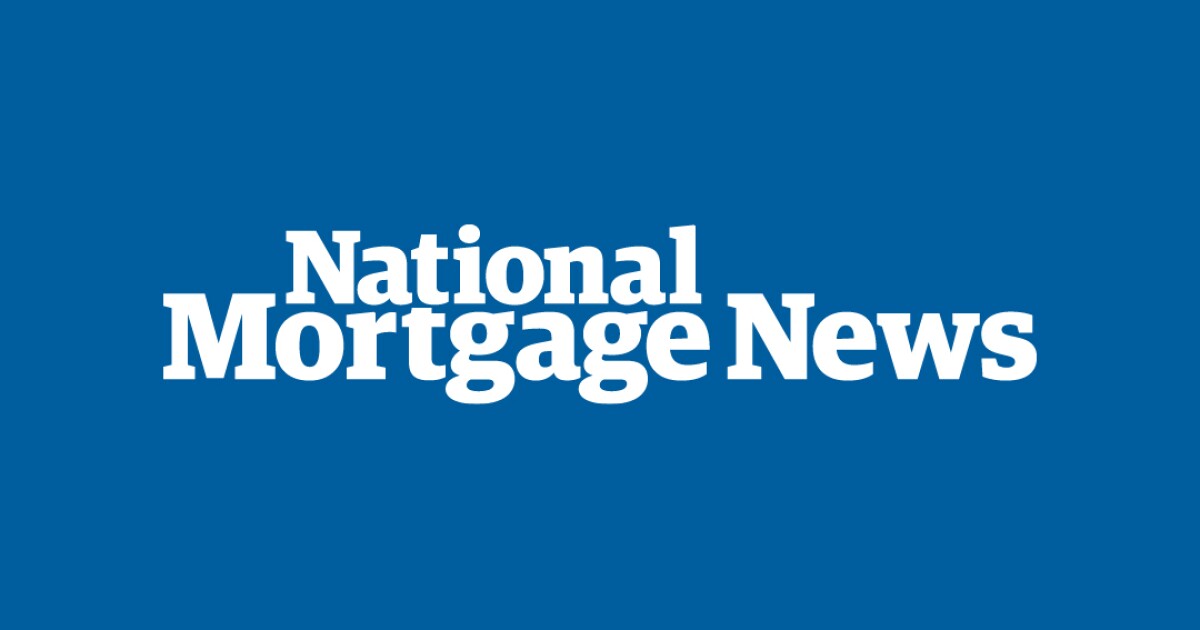
Housing prices decelerated to their slowest growth rate in two years, offering positive signals for consumers looking to buy a home in 2025, according to a new report from Intercontinental Exchange.
ICE Markets' latest Home Price Index showed housing values were up just 1.4% in May year-over-year. Seasonally-adjusted prices fell by 0.01% compared to a year ago, the first dip since 2022. The slowdown was most concentrated in the South
"We continue to see an inflection in the housing market as home-price softening expands beyond the Sunbelt into the West," Andy Walden, head of mortgage and housing market research, said in a statement. "With inventory levels beginning to normalize across much of the country, prospective homebuyers are finally beginning to see some long-anticipated price relief."
The drop in home prices is being driven by a combination of steady construction and weaker demand. The number of homes for sale across the country has increased 30% from last year, according to the report. Among the nation's 100 largest real-estate markets, 37 of them have either returned to or exceeded prepandemic housing inventory levels. Most of this increase has been centered in the Sunbelt and the West. California in particular has seen major increases in the number of available homes for sale, with cities like Oxnard and San Diego seeing the number of homes for sale up 70% compared to last year.
At the same time, higher mortgage rates and
The biggest drop has come in condominium prices, which were down 0.7% nationwide compared to a year ago, according to the ICE report. The decline was
"When you take money and put it to homeowners association fees, you have less money to put towards mortgage and insurance," Walden said in an interview.
Still, the nationwide slow-down in prices could be a good thing for consumers who are looking to get into a new home this year. Walden expects this trend could continue into the near future.
"The needle is moving away from the sell-side to a little more attractive buy-side," he said.



